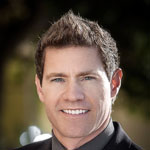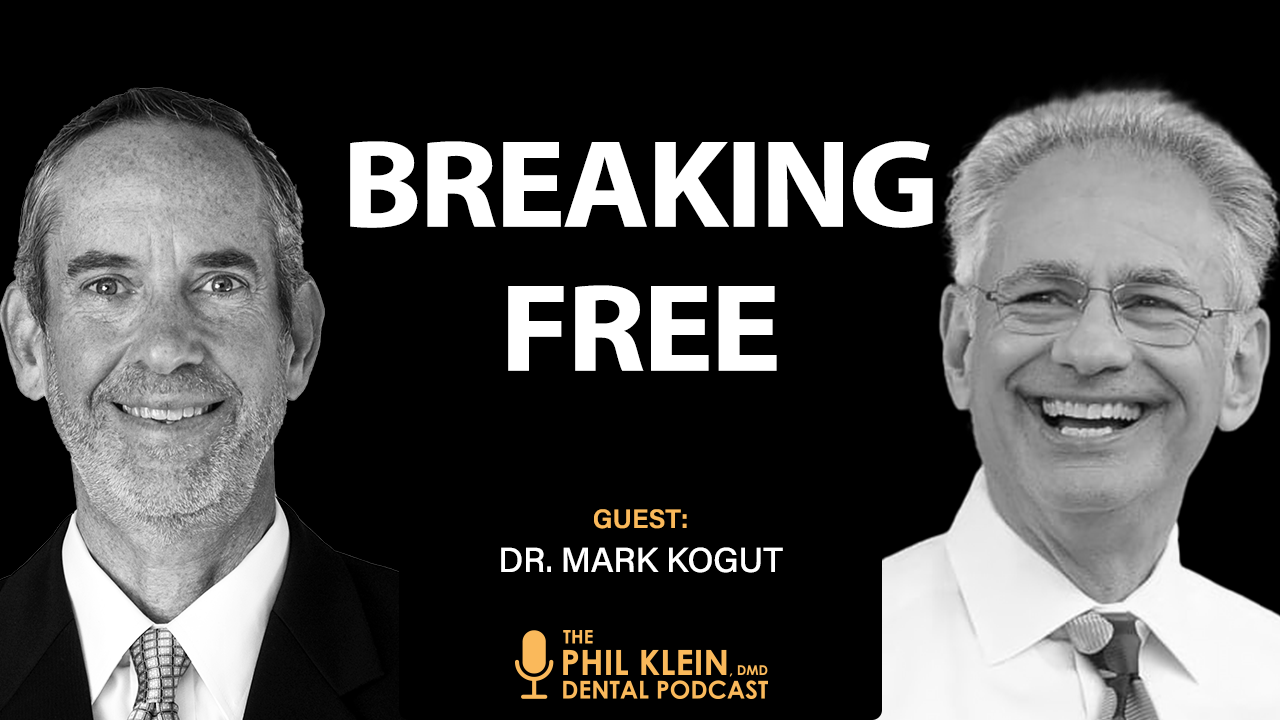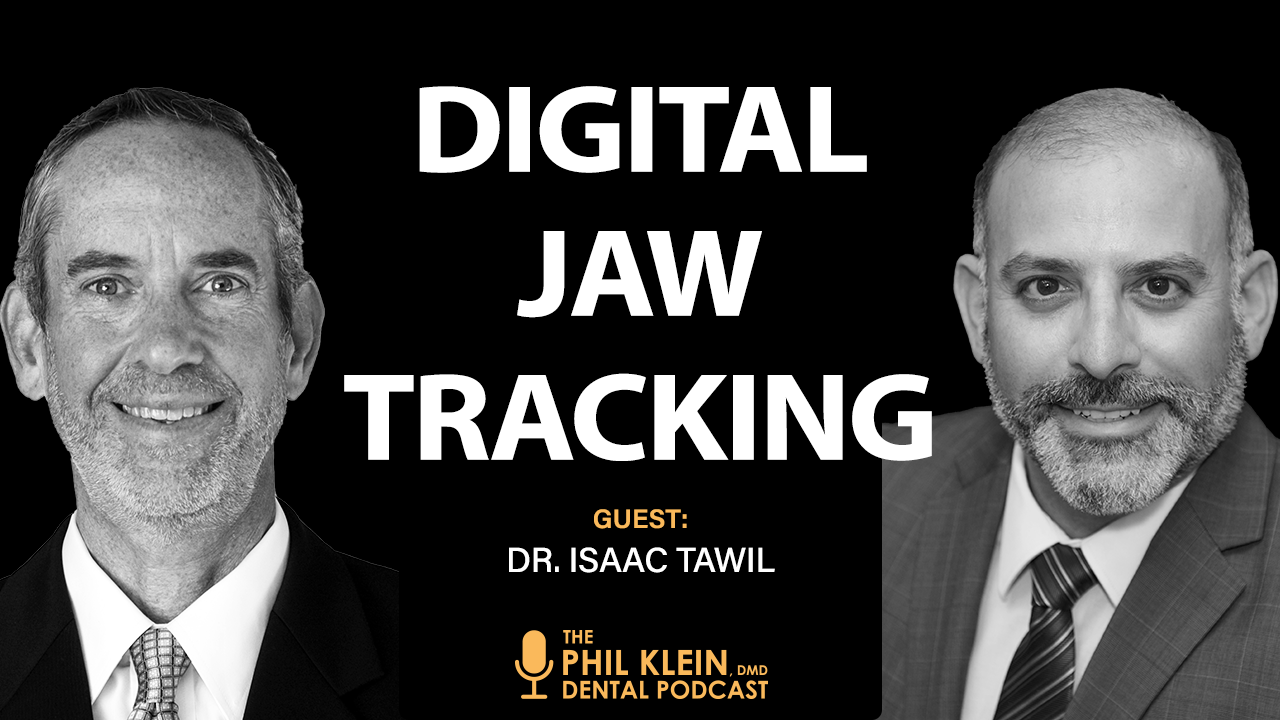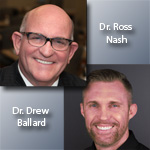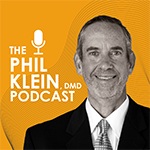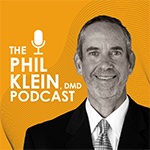
Making Dental Care Accessible for Patients with Special Needs

General dentists are the first line of defense for the adult population with intellectual and developmental disabilities. Unfortunately, most shy away from taking on patients whose sensory or behavioral issues can make providing dental care challenging. However, as Dr. Jacob Dent has discovered, successfully serving patients who have autism, cerebral palsy, dementia, Alzheimer’s and other brain-related conditions can be both emotionally rewarding and a significant practice builder. It simply takes a different approach to care.
Dr. Dent’s entry into the special needs world began when his own son was diagnosed as being on the autism spectrum. Today half of his practice has been converted to being sensory integrated, and he teaches other general dentists how to serve this population this, too.
What does it take to successfully treat neuro-diverse patients? Here is Dr. Dent’s advice…
Understand what it means to be neurodivergent
Many dentists are afraid that these patients will be impossible to manage. What Dr. Dent has seen is that with the right approach, most neuro-diverse patients can manage traditional basic oral care in an office setting without sedation. The key thing is to take the time to help them acclimate to the stimuli that you present with your everyday practice.
“From my personal standpoint as being a parent of a child who’s on the spectrum,” Dr. Dent shares, “my son learns differently. He responds to social stimuli differently. And what that really taught me was that just because it’s not the way that I or you traditionally handle a situation, it doesn’t mean that that is the only way to handle a situation. And so instead of looking at it as a weakness or a ‘lesser than,’ it helped me to take what I do and what I know, which is dentistry, and adapt not only my environment, but how I deliver dentistry to these patients. Because they’re ultimately having to accept our dental care, but they do so in a different way.”
Get a detailed health history before the first appointment
Neuro-diverse patients often have sensory issues with lights, noises, textures and more, some of which can be quite severe. The behavioral challenges you see in the dental setting are often the result of these sensory issues. Our procedures and the things we have in our offices, such as bright fluorescent lighting, can be very overstimulating for them.
This is why asking the right questions up front is so important. If you don’t know, for example, that a patient does not like having things near their chin, imagine what will happen when you try to put a bib on that patient. The first thing you do after they sit down will cause a meltdown, and the appointment will be over!
“If you don’t know what’s coming into your office,” Dr. Dent emphasizes, “then you’re already going to fail. I have what I call a ‘Getting to Know You’ form. It is two pages, with questions for the parents about what their home care is like and what the sensory triggers are for their loved one. For example, they don’t like loud sounds and they don’t like bright lights. What flavor toothpaste do they use at home? This way we can adapt our environment to fit each person individually.”
Work closely with the parents and caregivers
Understand that successful treatment will be a collaborative effort between you and the parents and caregivers. “There’s not a family that comes into my office,” Dr. Dent says, “that I do not require the parent or caregiver, whoever is actually doing the self-help with the patient or supervising at home, to show up. I am an advocate for those parents or caregivers to be at and in the room at every visit.”
Schedule a long first appointment
Dr. Dent always schedules a full hour for first visits with his neuro-diverse patients. “I don’t book anybody else on my schedule,” he notes, “and I will do as much as I can during that visit. We’ll always get an exam, whether that’s a quick visual exam kicking and screaming or a mirror explore, but we will always do that. At a minimum we always get a toothbrush prophy done. And we gauge all of our patients based off of where they are at that time.”
Assign a code based on what the patient can handle
During that first visit, as well as at subsequent visits, Dr. Dent uses a 3-part coding system to gauge where the patient is at that time:
· SN-1: Patients that are more severe, that will be more combative. They may require some form of stabilization or oral sedation. Dr. Dent does not IV sedate any of his patients.
· SN-2: Patients for which you may do a prophy and a good visual exam, but not X-rays. “That’s where I start with them,” says Dr. Dent, “we start working on the X-rays in their desensitization program [see below] at home and at school.”
· SN-3: Patients that have come through. They have completed every part of a basic evaluation, including cleaning and X-rays, and have graduated to being able to see one of Dr. Dent’s other staff members. “I do not let any of my other doctors or hygienists see my special needs patients until they’re in SN-3,” Dr. Dent acknowledges.
Use desensitization techniques
Desensitization is a treatment technique used to modify how patients with sensory issues respond to certain stimuli.
This starts with creating special sensory rooms. “Desensitizing in the dental world,” Dr. Dent explains, “could be as simple as, I have a room that doesn’t have a dental chair. It only has a beanbag on the floor and a mobile cart. We cover all of our fluorescent lights. We do not put the music on when we have sensory-friendly hours. We have specific sensory rooms that are designed to almost calm some of the overstimulating aspects.”
A room like that also gives families something they can transfer to their location. For example, families can get their own identical beanbag chair in which to work on self-help skills and desensitization. “They can sit in the beanbag chair,” Dr. Dent relates. “They can practice that. Then you can brush their teeth in the beanbag chair at home, and at my office. I always allow the parent or the caregiver to ‘be the dentist’ first, so to speak.”
You should also provide a take-home desensitization kit customized to the patient’s needs. This kit allows parents, caregivers, teachers and therapists to work on overcoming those sensory issues outside of the practice, which reduces wasted visits when things don’t go right. For example:
· Desensitizing to sounds: “With anything that has a sound,” states Dr. Dent, “we can record the sound on their iPad or audio device, and that can be played over and over.”
· Desensitizing to teeth cleaning: Here you have the family practice just getting something in the mouth. “When you go get your teeth cleaned,” observes Dr. Dent, “and a hygienist is using a scalar to scrape your teeth, the sensory issues for just the contact of the metal to your tooth can be overwhelming for a patient that is more neuro-diverse. To practice that a mother could take a hair bobby pin and use that to scrape over the teeth, so they get the feeling of a metal object touching their tooth.”
Modify the treatment plan as necessary
For example, if a patient who cannot yet handle a shot or a drill has a cavity, Dr. Dent will use silver diamine fluoride and GC America’s Fuji Equia Forte glass ionomer to arrest the decay and fill the hole using a modified atraumatic restorative technique.
Utilizing
this and doing it in a non-traumatic way creates a positive experience, which
helps the patient get over their initial fears.
Be prepared for this to be a big practice builder
“What I learned quickly,” Dr. Dent reveals, “is in a family like mine, I have a neurotypical child, a special needs child. If someone takes the time to spend with my son, I will spend my time and my resources with that person. So my associates will see the neurotypical family members. That’s how I grew my practice from a one-doctor practice to a four-doctor practice. It is a zero marketing cost practice builder! I created such a value because of the time that I spent in working with these families that they did the marketing for me. I’m booked out for months!”








